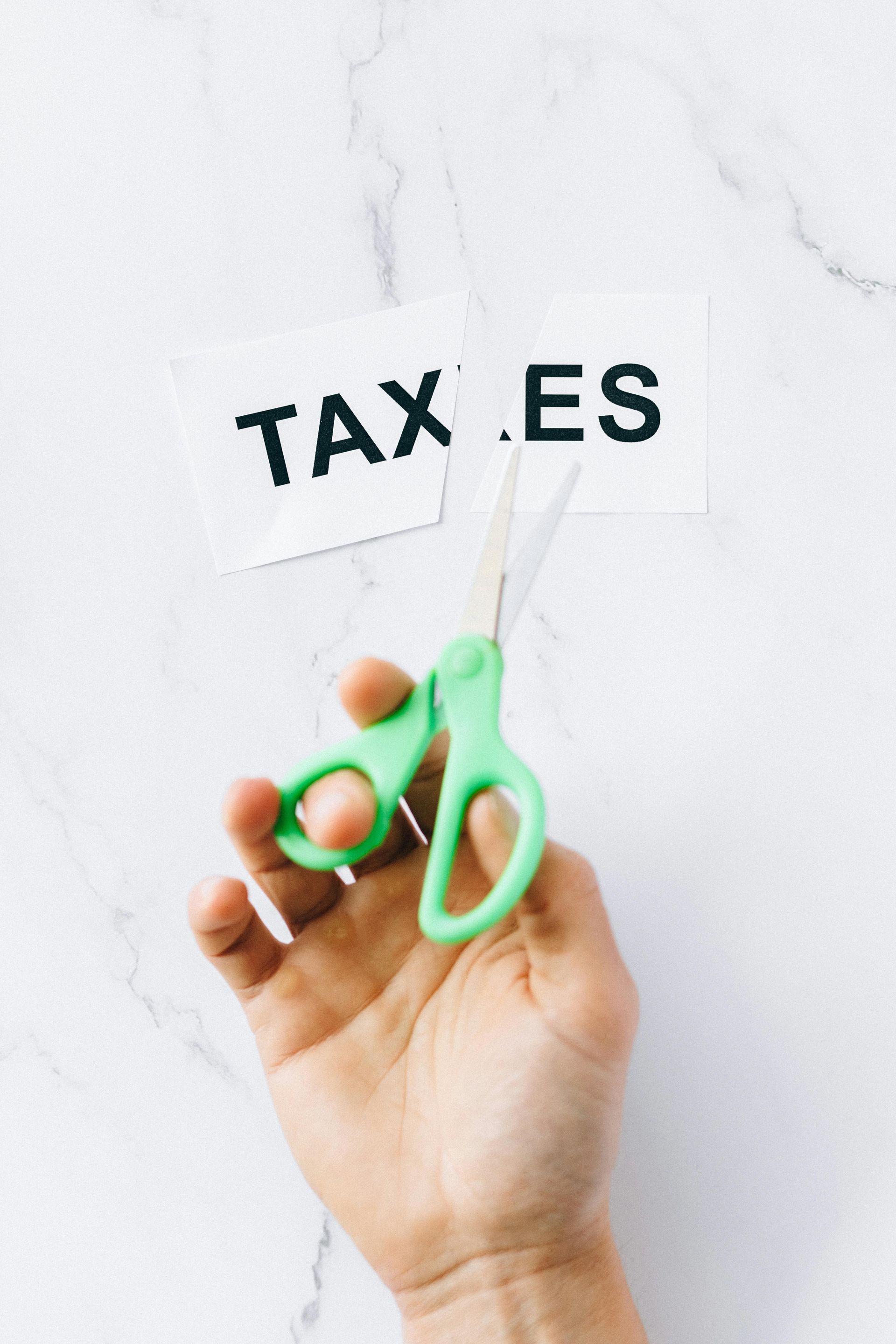Ten tips to improve the profits of your business
Making a good profit is the lifeblood of any business, especially for small to medium-sized businesses (SMBs). It determines how sustainable and successful your business is and how much it can grow. Today's markets are very competitive, so in this blog post, we will explore ten effective strategies for you to quickly think about and implement to improve the profitability of your business . By understanding the purpose and need for each strategy, businesses can make informed decisions and drive positive change to increase their profits.
1. Reduce your costs:
Cost reduction is an essential method for SMBs to improve profitability. By identifying and eliminating unnecessary expenses, you can optimise your operations and increase your bottom line and end up with more money in the bank! For example, regular checks of your costs and outgoings can help identify areas where expenses can be reduced, such as excessive energy consumption or inefficient processes.
- Example: A review of standing orders and direct debits can reveal payments for services that are no longer used or required.
2. Purchase efficiently:
Efficient purchasing goes hand in hand with cost reduction. By negotiating better prices with your suppliers, exploring bulk purchasing options, or seeking out alternative supplier contracts, a business can reduce their various costs.
- Example: Regularly review your overheads and see whether your current supplier or another supplier can requote or offer discounts for the same service.
3. Increase your sales:
Increasing sales is a fundamental way to increase profits. You can achieve this by focusing on obtaining new customers and making sure existing customers are happy with your service and fees, improving them as necessary. For instance, you can use targeted marketing campaigns to reach your ideal customers or offer discounts to incentivise repeat purchases. Additionally, using social media platforms and online marketplaces can expand your customer reach and boost sales.
- Example: Offering limited-time promotions or discounts can incentivise customers to make more frequent purchases, boosting sales and revenue for a restaurant.
4. Streamline your operations:
Streamlining operations involves improving workflows and processes to increase efficiency. By identifying bottlenecks, eliminating redundancies, and automating repetitive tasks, your business can save time and resources. This allows you to allocate your resources more effectively, which leads to improved profitability.
- Example: Integrating a cloud-based inventory management system can automate stock tracking, reducing inventory holding costs for a manufacturing company.
5. Target your marketing:
Targeted marketing is a powerful way to maximise the return on marketing budgets. By identifying your target customers and tailoring your marketing efforts accordingly, your business can reach more of the people who want what you’re offering and reduce wasteful spending.
- Example: A local bakery could target its marketing efforts towards nearby residents through direct mail campaigns or localised social media advertising.
6. Upsell and Cross-sell:
You can increase average transaction values and boost your profits by encouraging customers to purchase a comparable higher end product than the one in question. In addition, some customers may be unaware of the other services you provide, so by offering complementary products or services during the sales process, you can encourage them to spend more. For example, a software company could offer premium features or add-ons to their basic package, providing additional value to customers while increasing revenue.
- Example: An IT service company can offer additional features or upgrade options to existing customers, thereby increasing the average transaction value and profitability.
7. Enhance your customer service:
We all appreciate great customer service and this is crucial for your business to build loyalty and generate repeat business. By investing in employee training programmes and implementing customer feedback systems, you can improve your business’ service quality. This leads to higher customer satisfaction, your customers remain loyal to you and ultimately, your profits improve.
- Example: Providing exceptional after-sales support and timely resolution of customer queries can increase customer satisfaction, loyalty, and repeat business for a service-based business.
8. Diversify your revenue streams:
It can be risky for a business to rely on a single source of revenue. Diversifying revenue streams can provide stability and reduce potential losses. Businesses can explore new product lines, expand into different markets, or offer additional services to existing customers.
- Example: A fitness studio could introduce online classes or sell branded merchandise to diversify its income streams.
9. Optimise your pricing:
Pricing plays a crucial role in profitability. Analyse market trends, see what other people charge and conduct pricing experiments to find the best price point for your business’ products or services. Many businesses, especially small ones, quite often underprice the great product or service they supply.
- Example: A software-as-a-service (SaaS) company could offer different pricing options to cater for different customer needs.
10. Invest in training and development:
Investing in training and development programmes for employees can yield long-term benefits. If you enhance the skills and knowledge of the people who work for you, your business can improve its productivity, customer service, overall performance and staff satisfaction. This leads to increased efficiency, reduced errors, and improved profits.
- Example: A retail store could provide sales training to its staff to improve upselling techniques and customer satisfaction.
So, to sum up …..
Improving profits is essential for the long-term success of any business. By considering these ten strategies, your business can optimise its operations, increase sales, reduce costs, and enhance customer satisfaction and retention. It's important to remember that profitability requires a holistic approach, focusing on multiple business areas simultaneously. By continuously evaluating and adapting these strategies, SMBs can thrive in today's competitive landscape.










